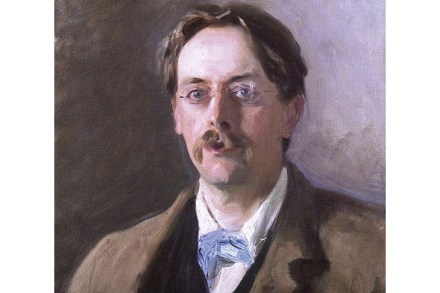The attraction of repulsion: The Disaster Tourist, by Yun-Ko Eun, reviewed
Disaster tourism allows people to explore places in the aftermath of natural and man-made disasters. Sites of massacres and concentration camps can be visited; tours operate around Chernobyl, Centralia — the city in America that is perpetually on fire — Aleppo and Fukushima. Tourists can ‘experience’ what it is like to live in a war zone, in extreme poverty or a place emptied by nuclear fallout, and then return to the safety of their homes. In Yun Ko-Eun’s The Disaster Tourist, translated from the Korean by Lizzie Buehler, the protagonist Yoona works for Jungle, a Korean disaster tourism travel company. She returns to Seoul after visiting an earthquake-hit region of




















